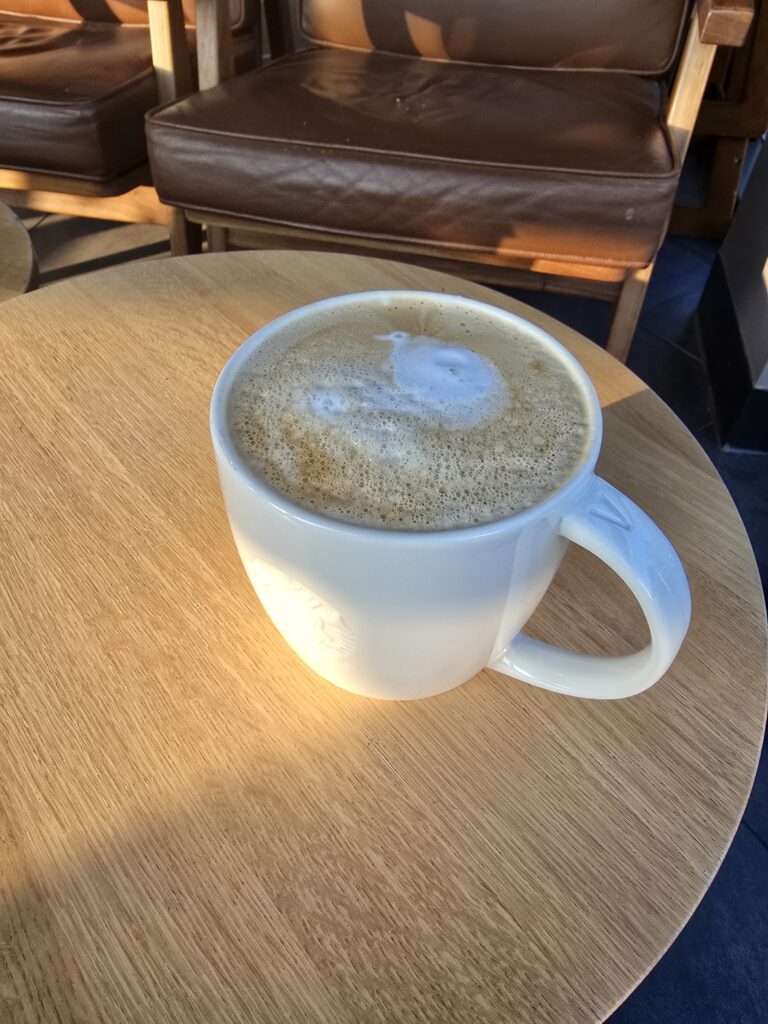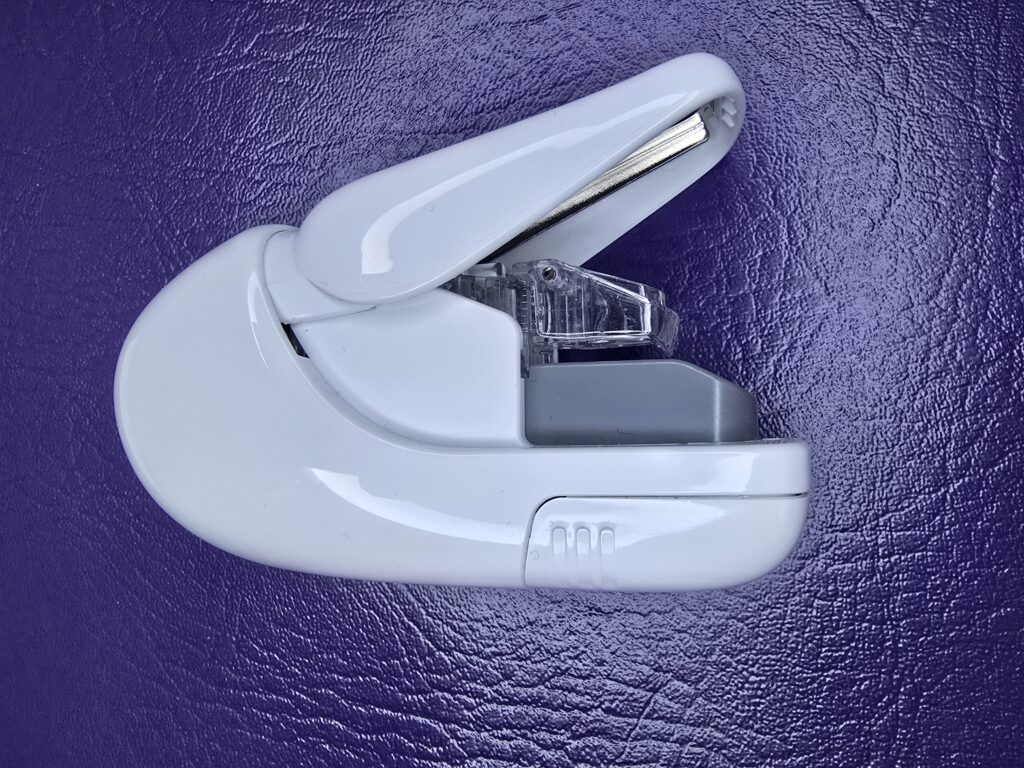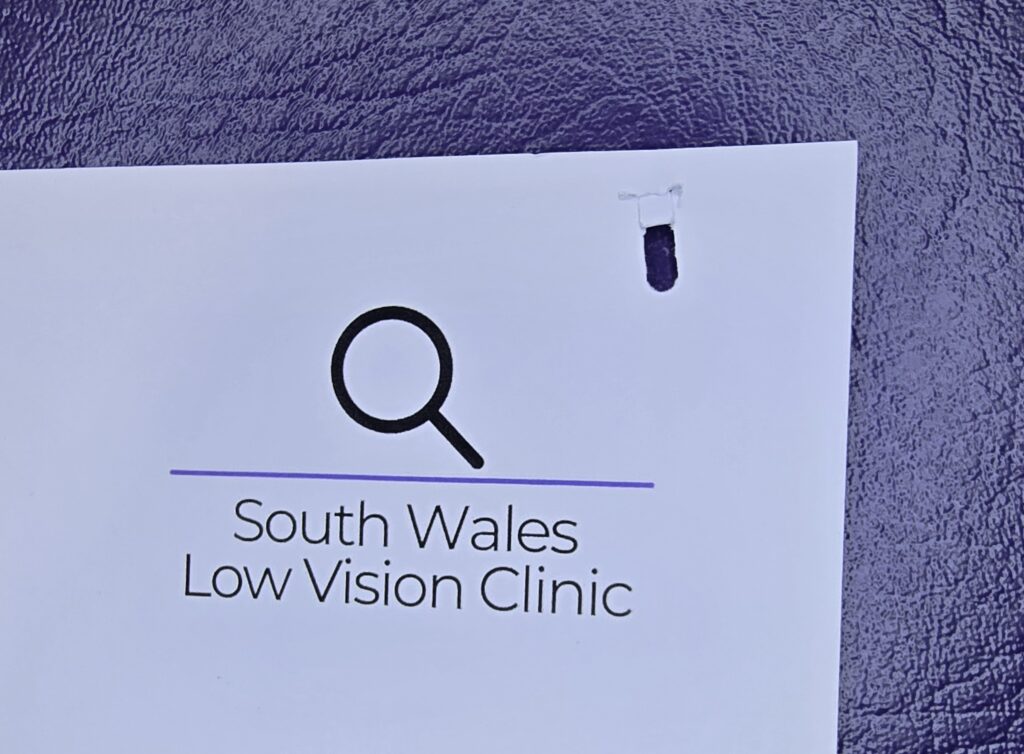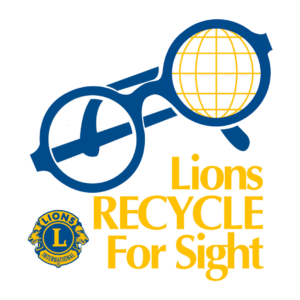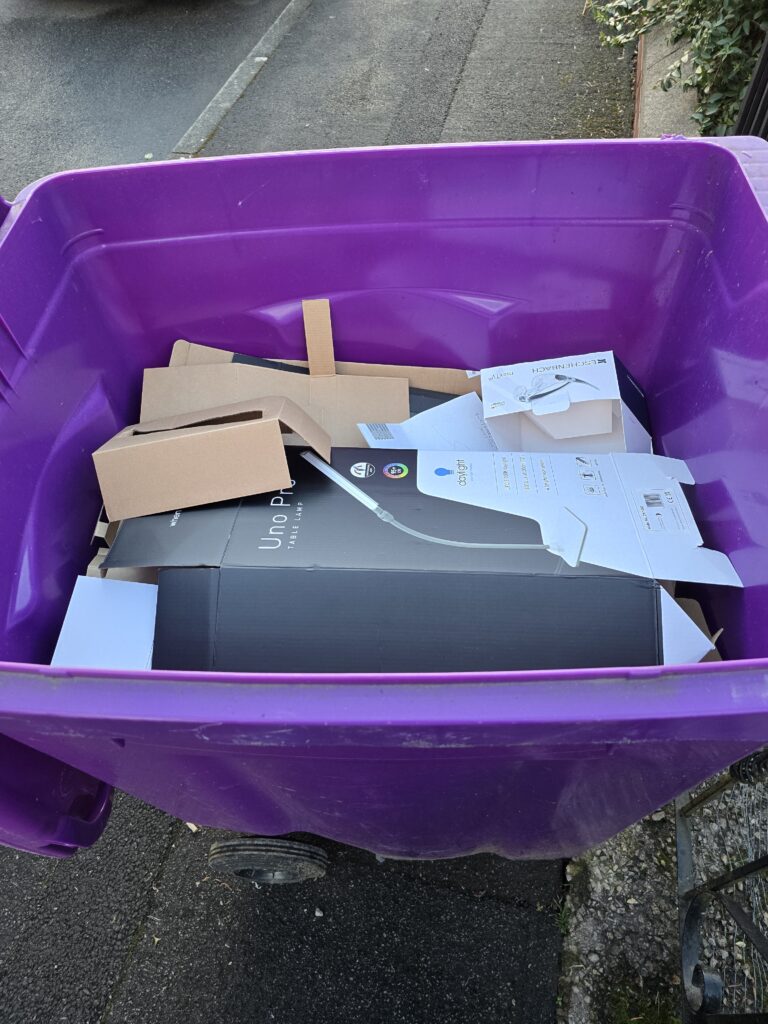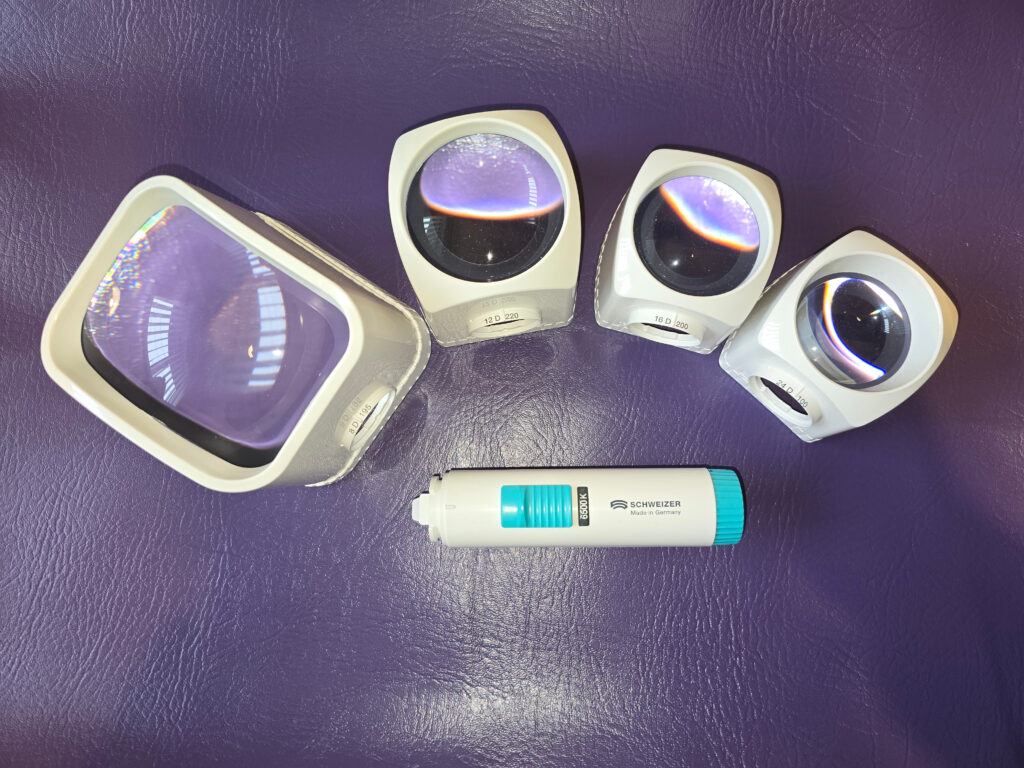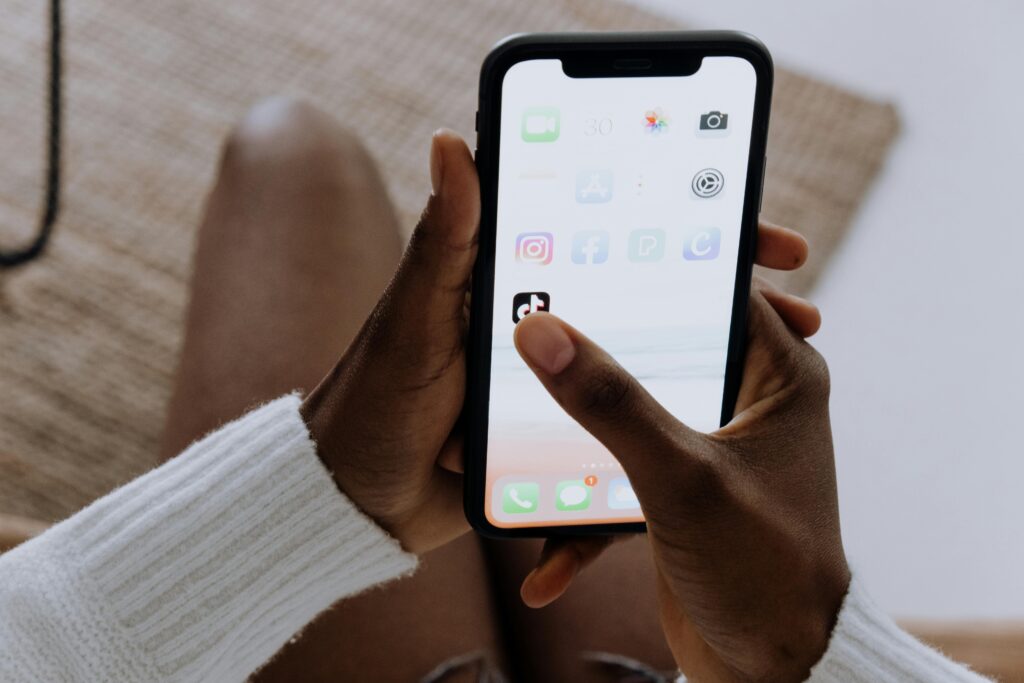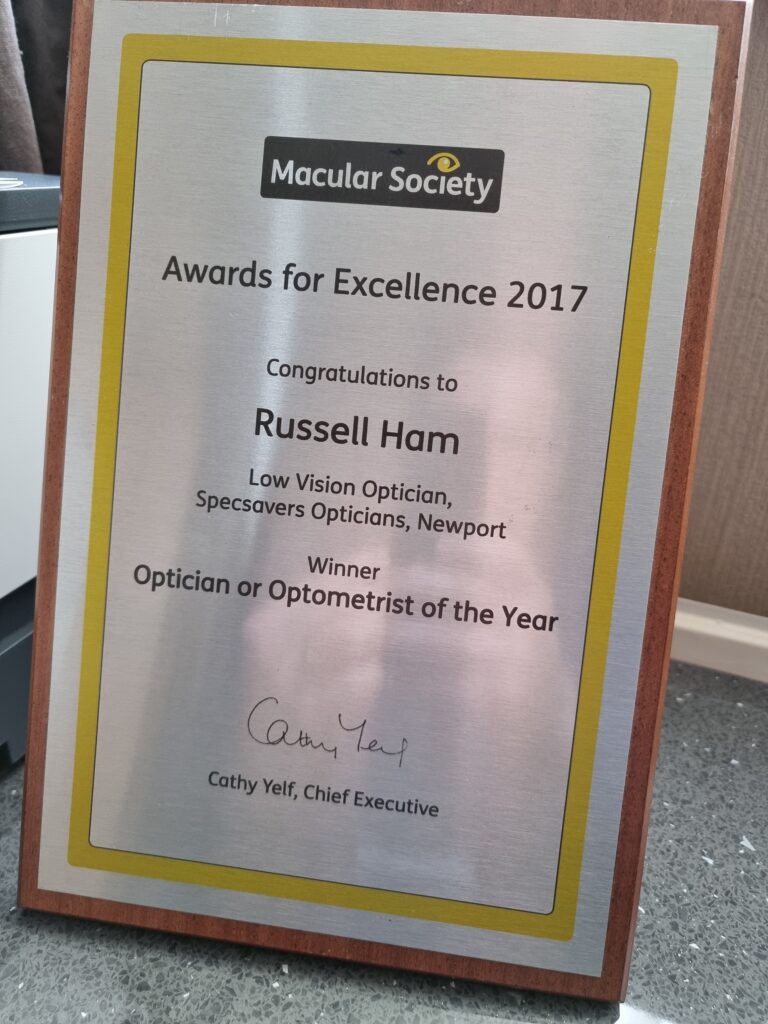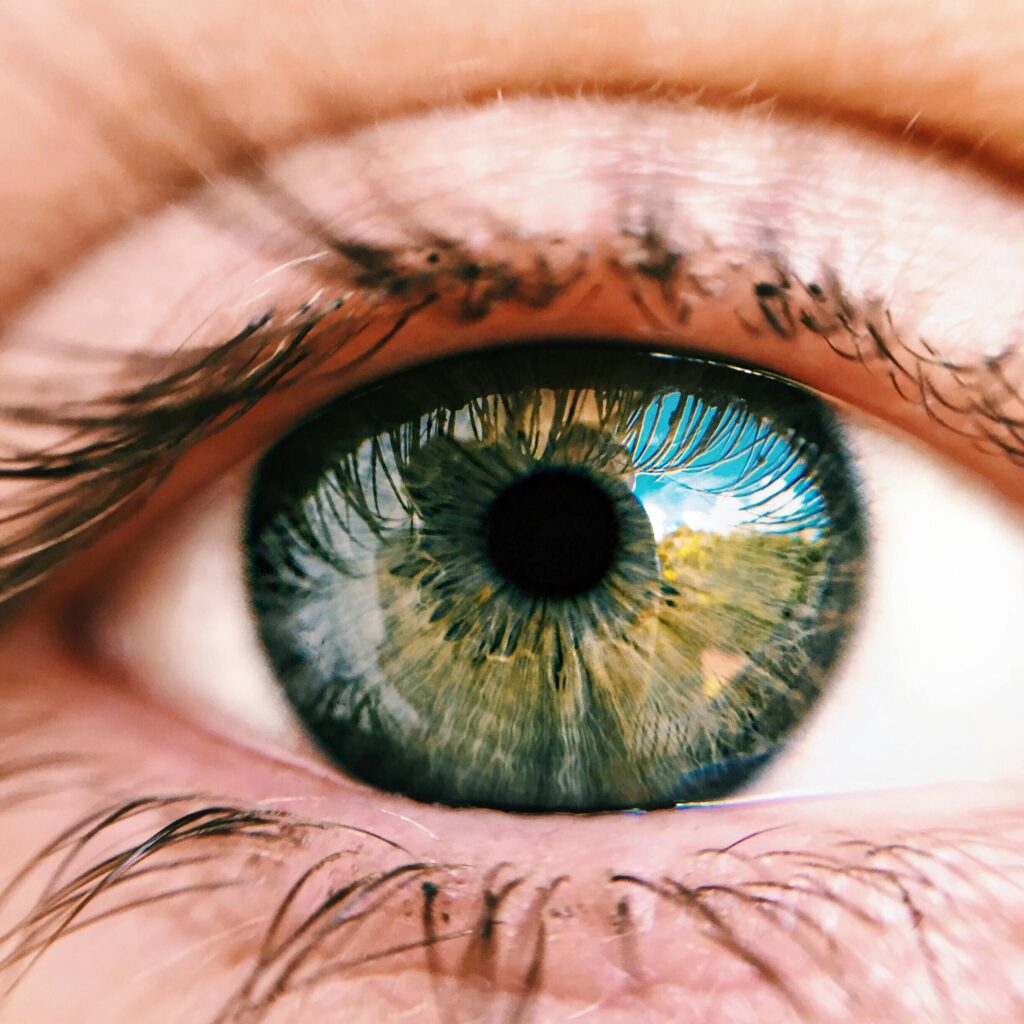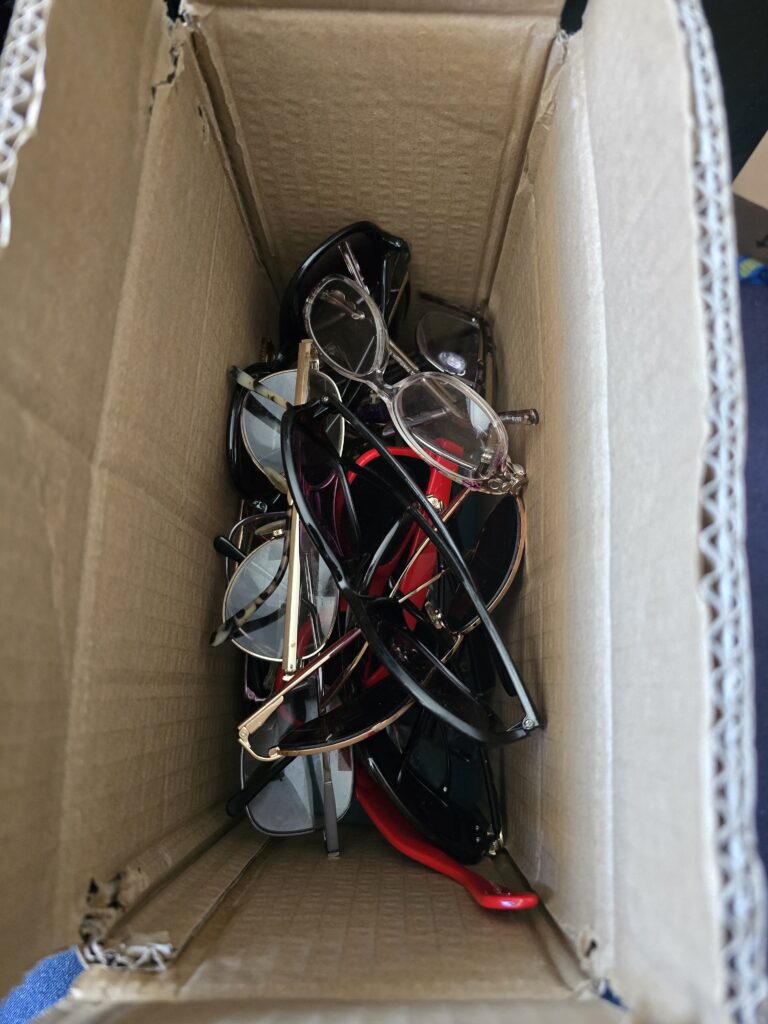
Back in February we started on a journey with Public Health Wales to try and make the practice more environmentally friendly with there Greener Primary Care Award.
As part of this work we have started collecting old glasses for Lions International. You can read more about there work here.
Well in just 4 weeks we have collected 26 pairs of glasses. Not a huge number, but 26 less pairs of glasses in landfill and given a new life.
As we visit our patients we let them know we are collecting old glasses and if they have any they wish to recycle to have them ready for our next visit. So over the next few weeks we hope to be able to send even more.

